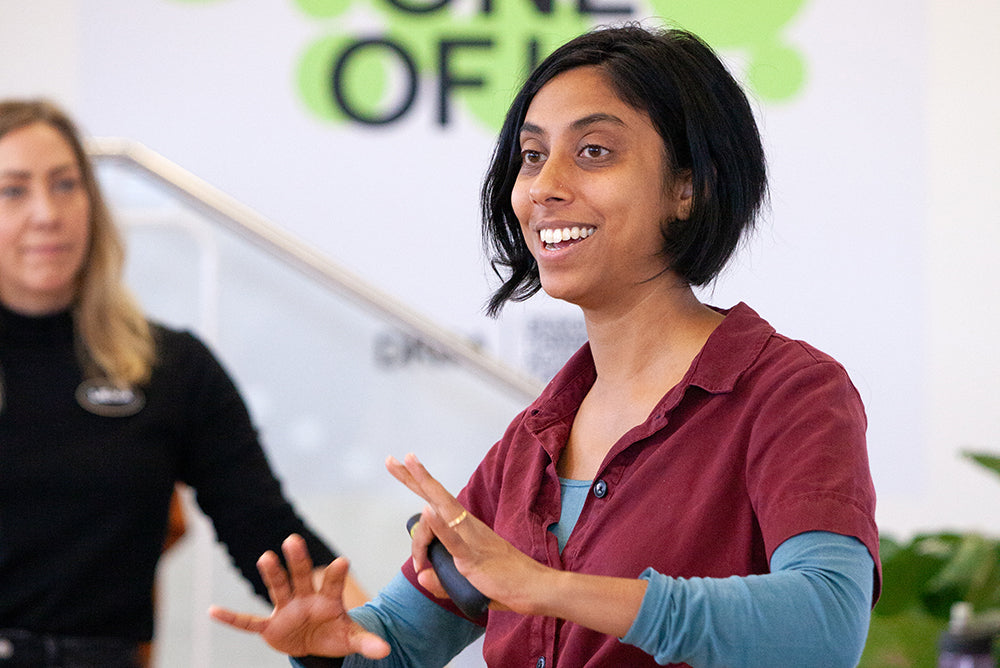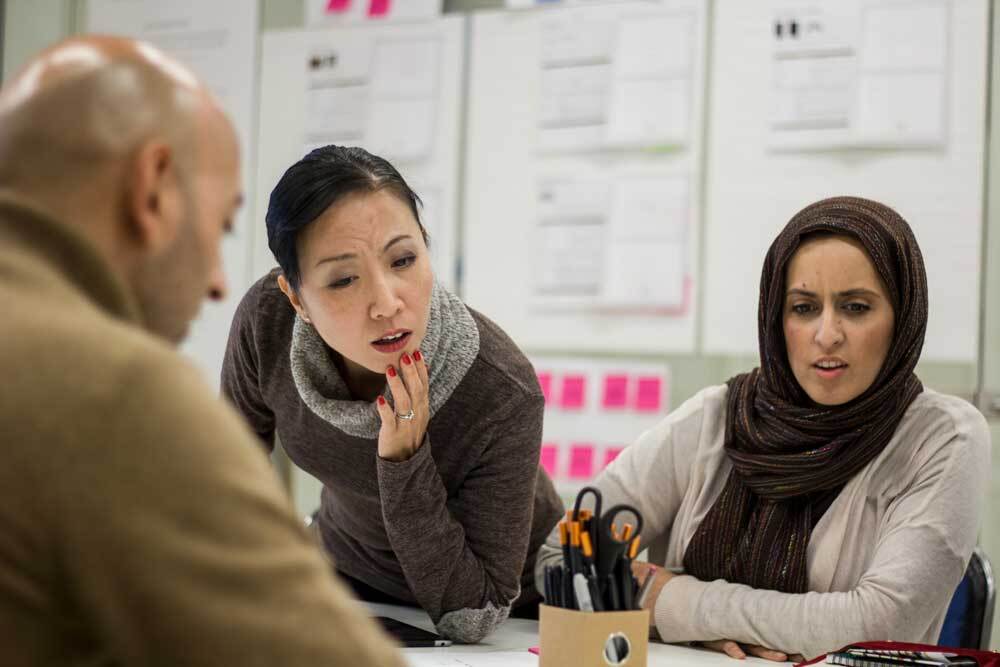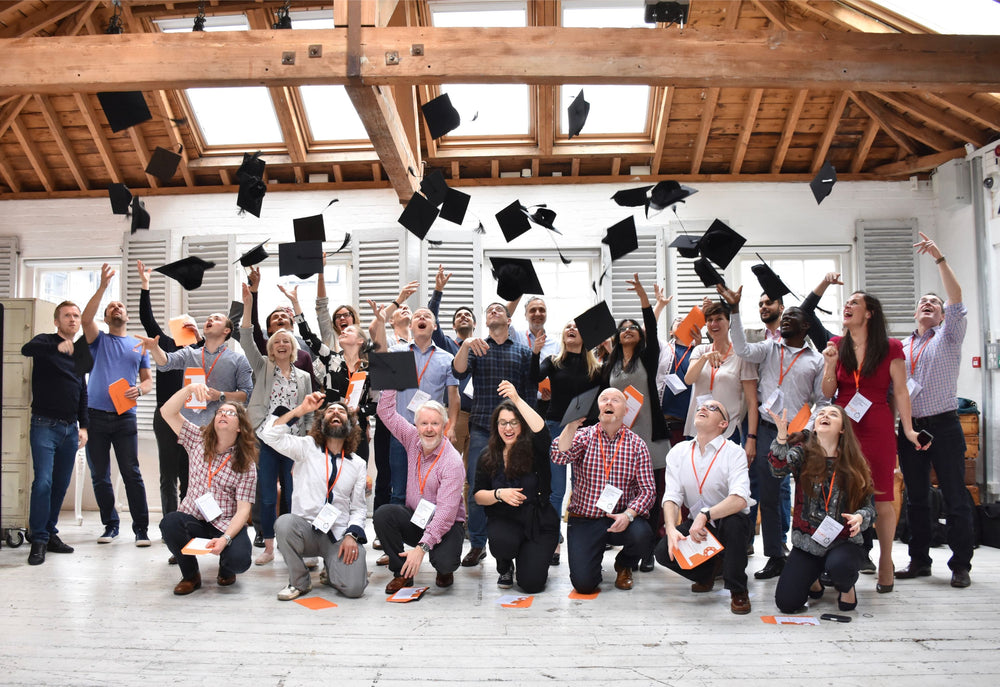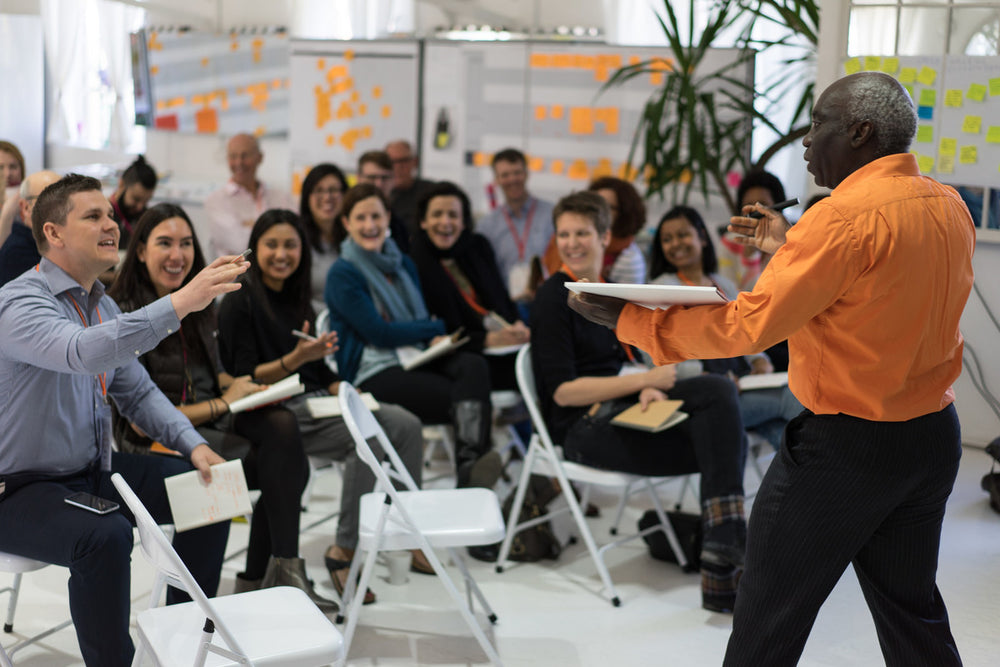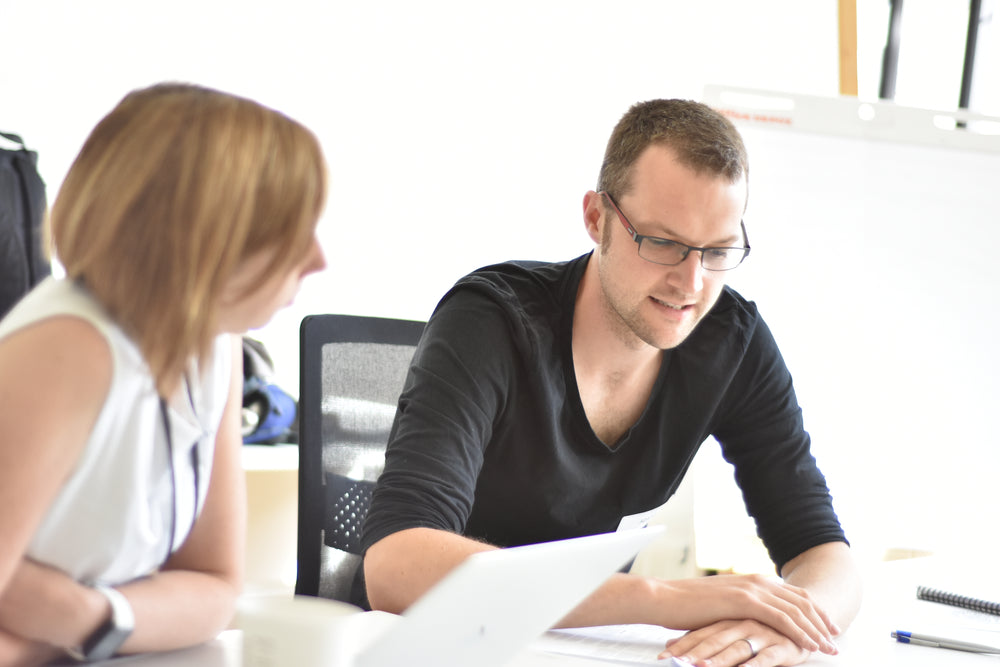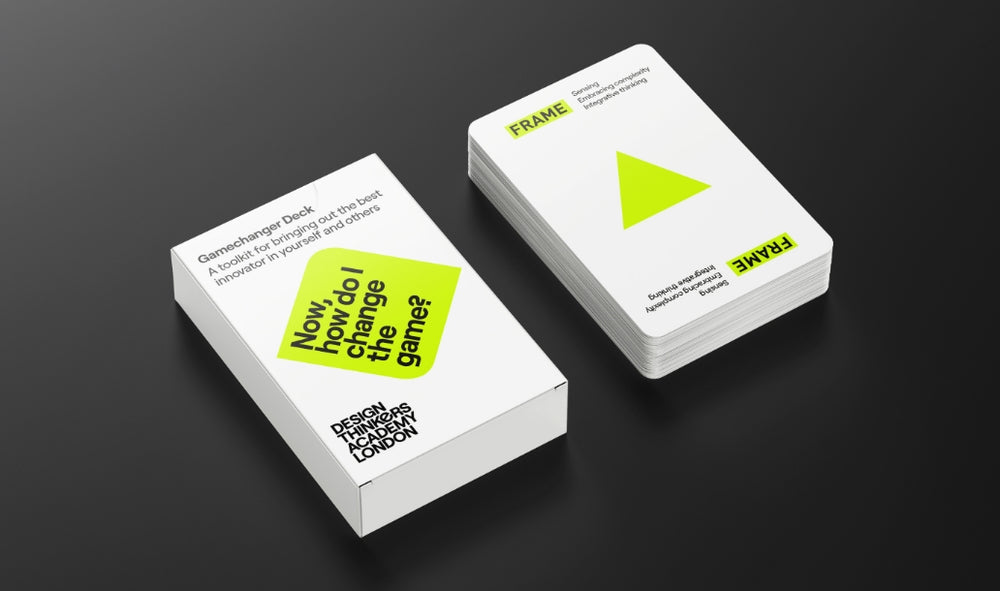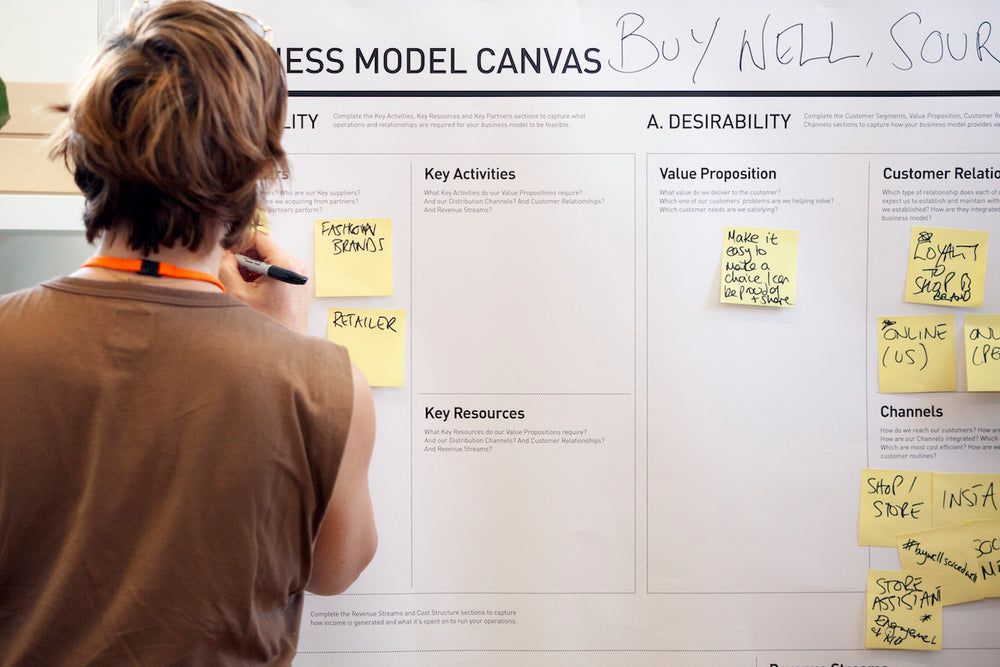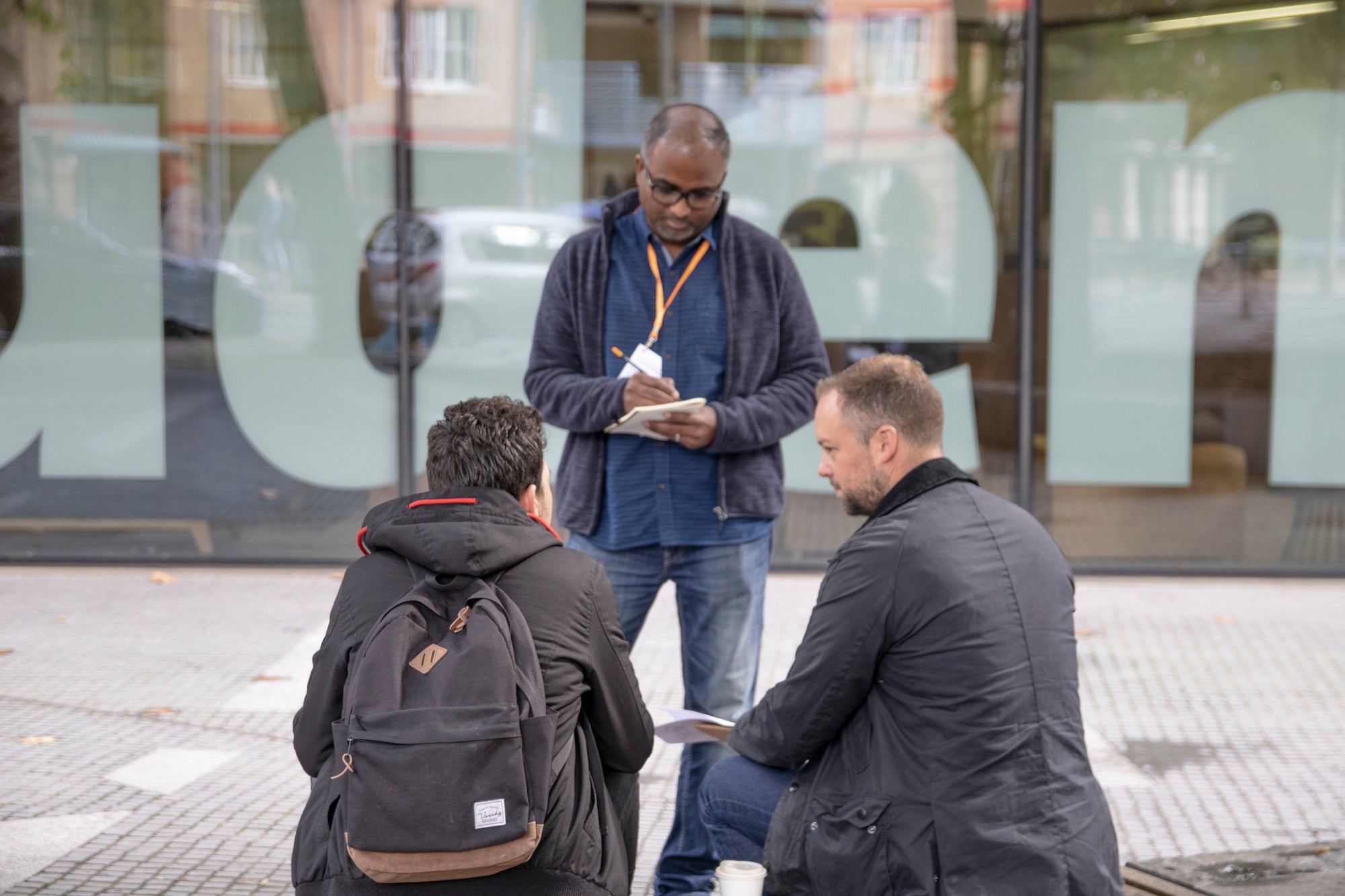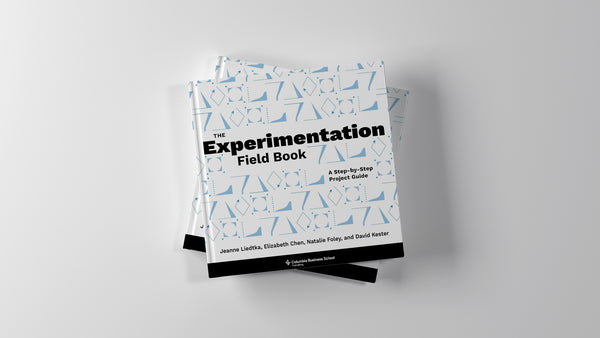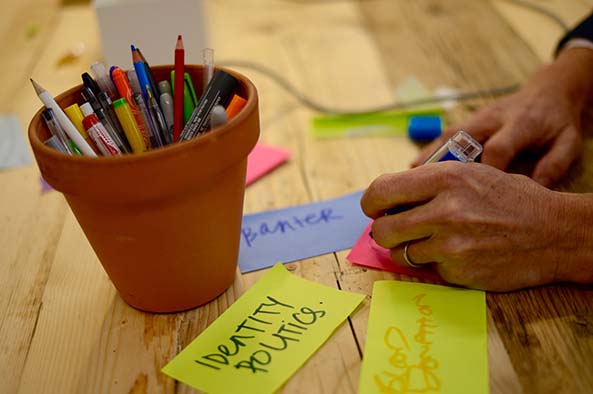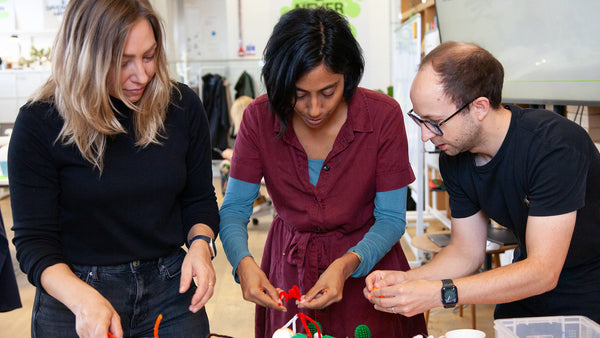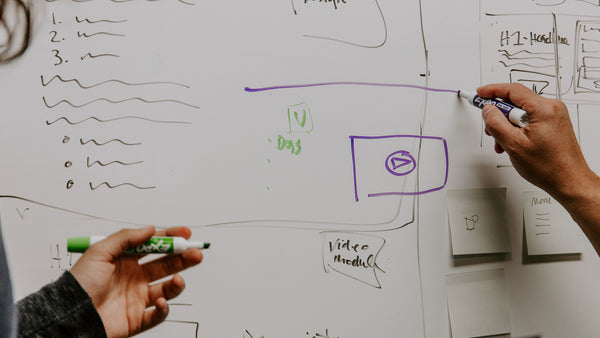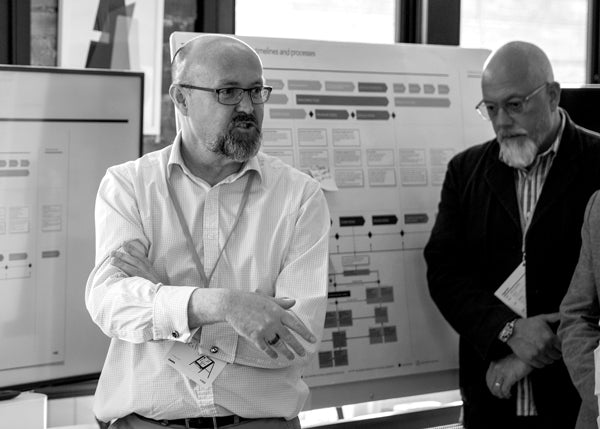1. Curiosity
Curiosity is a core skill for any researcher. It’s that question of why and then why again that propels research and uncovers the answers that only ethnography can provide. As Ruth points out, “you have to be curious about why things in the world are as they are. Everyone has got their own stuff going on, so you've got to be curious to try and find out why.” On top of that a certain nosiness also helps. “You have to be nosy and prepared to dive into what someone might have said and want to understand why they've said it.”

By always searching for more, asking different types of questions and by looking at things from a variety of angles you can understand your subject matter better. With that you can then unlock the real issues at hand, and consequently, the right solutions.
2. Sensitivity
For both Ruth and Ellen, sensitivity is paramount, especially around more delicate research topics. As Ellen states, “it’s important that you are always aware of who you are as a researcher and how it can create hierarchies.” Research often dictates that you sometimes “have to be blunt,” to arrive at the answers you seek. However, as Ruth stresses, “you have to always be conscious of the context the person is in and the questions you're asking. Particularly with social research.”
This sensitivity can even impact the way you go about your research. For a recent project conducted by Ruth around homelessness in Northern Ireland, she brought in a researcher who was a qualified youth worker. “He does quite a lot of work with asylum seekers and people who've been through quite a lot of trauma.” She wanted to unlock the stories of the people she was researching, but felt it was more appropriate to bring in someone who both knew the subject matter better and had experience dealing with some of the issues that might arise. “I don't want to leave people in a place of being re-traumatised. This person has done a lot of training around that.” This meant she could go into the research in confidence.
3. Collaboration
For Ellen, with any research you need to “treat research participants as collaborators, not subjects.” This means being transparent up front. “So always being sure to clarify the purpose of the research you're conducting to anyone you're working with, whether it's a client or it's a participant.”
A lot of this comes down to understanding your own role as a researcher. “It's all about understanding your own position as someone who's going into a user's world and being completely open to anything you might see. It’s important to utilise pure research techniques like listening and standing back, basically being invisible, but also being very grateful for somebody letting you into their life.”

Sometimes this means changing your research techniques to give research subjects some necessary space. “It may not always be that following someone around, shadowing someone, is the best way to learn about them. It might be getting them to build something or generate something with you, like what we DK&A does with user-diaries. It's that mix of being open, respectful, but also creative in your approach to research methods.”
4. Preparation
A lot of the best research is done when a well-designed plan is in place before you even start your work. “The strength of a good researcher is being able to take good, professional judgement over the way research is designed and balancing all those differing needs. So, a client's perspective on a problem versus what else is going on in the world and what you're seeing from the participants and being mindful of participants boundaries, treating them as collaborators, not subjects.”
All of these things need to come together to conduct good research and to enable this, you need to be well prepared. This means setting out a research plan before you begin that has allowances for when things don’t go to plan. On top of that, a plan that helps you proceed in a stepwise manner that makes it clear for the final stage of the research, when you bring all your work together.
5. An analytical mind
The research doesn’t stop when you’ve collected the data. The next stage is challenging in different ways and requires its own skill set. Even if you’ve mastered the ones listed, no research is complete until it’s properly analysed and broken down, into themes, ideas and opportunities. And for that, you need to be analytical.
“People think research is easy and anybody can ask questions. I think to some extent most people have those skills, but not the analytical ones at the back end. When you're in that fog of having collected all of this stuff, and you've created all these frameworks to put it into, you then actually have to do some sense making. I think good, good qualitative researchers are good at doing that sense making.”
This, Ruth believes, is something where the world of design thrives. “One of the clear things I think the designers have is that ability to conceptualising things. Not all researchers are good at that.”
Learn more
Want to learn more about conducting your own ethnographic research? You can learn the skills directly yourself on our Design Thinkers Bootcamp and Design Thinking Fundamentals courses. To read more about the subject you can also look at our long-read article on the benefits of ethnographic research for business.
